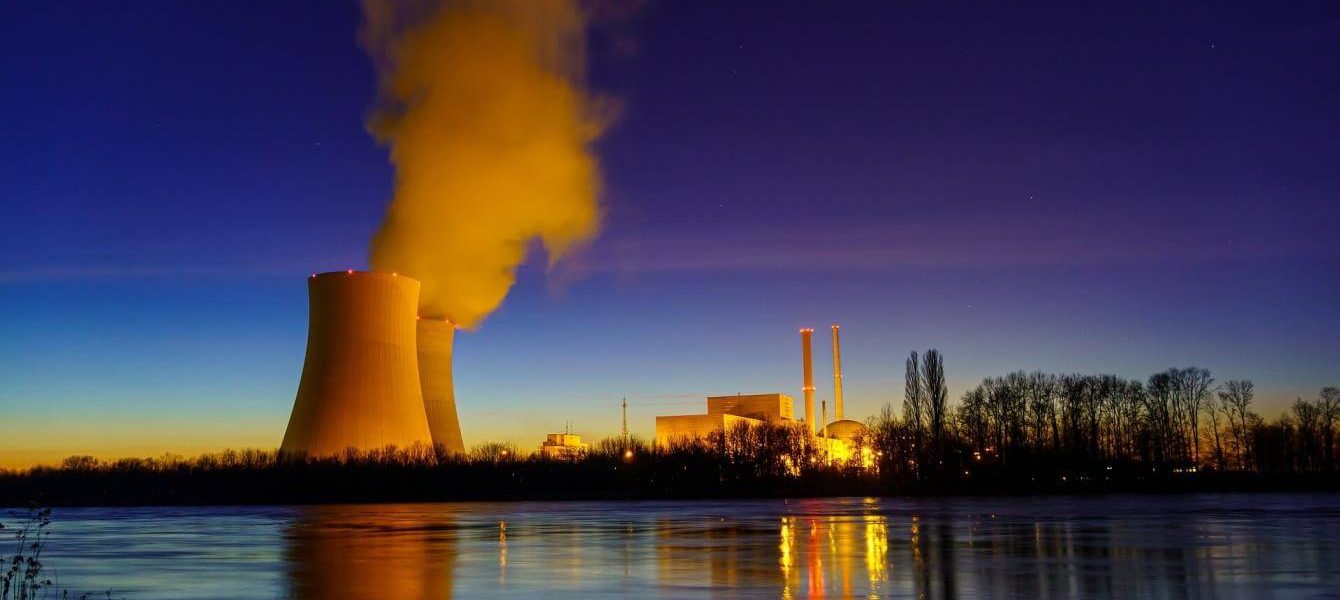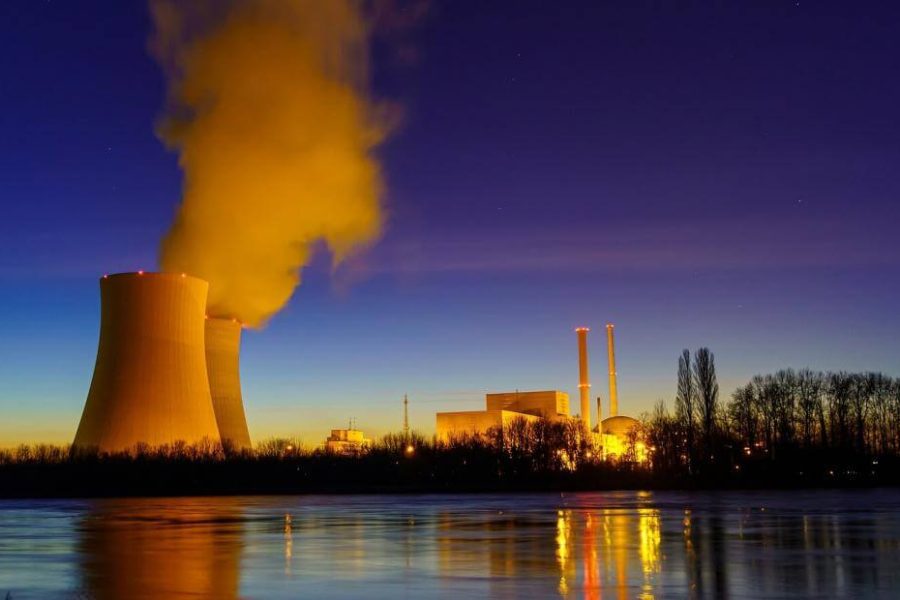Germany is one with the European Union and the rest of the world in terms of giving up fossil fuels for more sustainable fuel sources. However, it draws the line with one of the most controversial aspects of the EU’s renewable energy plan: nuclear power. The country is against the retention of nuclear power plants as an alternative to petroleum- or coal-driven power plants.
In a statement issued on January third, the German government stated that nuclear energy is dangerous. It is set to veto EU proposals calling for its retention in the region’s plans for a more eco-friendly future.
Dangers of nuclear tech
During a press conference, German spokesperson Steffen Hebestreit did not mince words with reporters, stating plainly that the government sees the dangers inherent in nuclear technology, adding that the disposal of radioactive waste is an issue that remains unresolved to this day.
According to Hebestreit, the government aims to make a switch to natural gas, but only as a way to bridge the gap between the phaseout of fossil fuels and nuclear power and the transition to renewable hydrogen by 2045, the year by which Germany sees itself as an entirely carbon-neutral nation. Indeed, the word from Berlin is that the country will continue to rely on natural gas until such time that it can set hydrogen-centric forms of power generation in place.
Despite Hebestreit’s assurance that natural gas is only a transitory alternative, environmentalists are still calling Germany out on the move. Although natural gas is less of a pollutant than coal, it still produces ozone-depleting carbon dioxide when burnt as fuel.
However, nothing was said regarding whether or not Chancellor Olaf Scholz supports current Economy and Climate Minister Robert Habeck’s statement that the EU’s continued insistence on nuclear power in its renewable energy scheme was little more than greenwashing.
An awkward situation
By the end of 2022, Germany is expected to power down and permanently switch off its last three nuclear power plants. It also plans to phase out the use of coal in power generation by the end of the decade.
In the meantime, neighboring France has already laid out its plans to modernize the nuclear reactors it currently has, and also intends to build new ones to generate power for its nation for years to come.
This difference in approach between the EU’s two largest economies is seen as an awkward situation when it comes to the Executive Commission. This is because a recently disseminated draft for the plan presents the use of both nuclear energy and natural gas as sustainable power sources, if only for the sake of driving up investments within the region.

